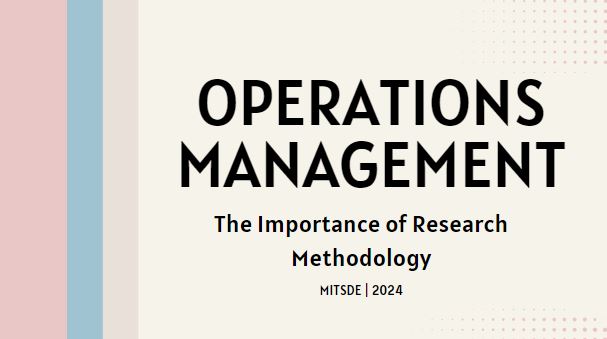 The work of human resource professionals is very critical to every organization. Today, where every employee spends about 9-10 hours on an average in the office, it is the duty of the HR employees to make them feel like a family. Human resource employees are the face of every company. They are the first and the last people to interact with professionals. From organizing induction sessions to planning employee engagement events to organizing farewells, the HR department performs lot of off-the-record duties and this is what makes them a true human resource professional.
The work of human resource professionals is very critical to every organization. Today, where every employee spends about 9-10 hours on an average in the office, it is the duty of the HR employees to make them feel like a family. Human resource employees are the face of every company. They are the first and the last people to interact with professionals. From organizing induction sessions to planning employee engagement events to organizing farewells, the HR department performs lot of off-the-record duties and this is what makes them a true human resource professional.
Therefore, to occupy one of those chairs in the HR department, one must be diligent enough to understand people. The job further requires a strategic approach to various work responsibilities. Besides these, HR professionals are expected to create a continuous forum for employee engagement. They are no less than planners, executors and managers. Only that, their operation is within the walls of an organisation.
Considering all the job requirements; a good academic score, excellent communication skills and professional approach is not sufficient to become an HR employee. One must hone the skills, know the work inside out and develop an understanding of this vital wing of a company. Correspondence MBA in HR is a comprehensive HR management course that provides a complete overview of this sector and enables the HR aspirants to become the best professionals in their zone. By pursuing this course one can:
Understand what it takes to become an HR professional
The very first thing to learn in distance learning MBA in HR course is the nature of tasks and duties undertaken by the HR department on a regular basis. It gives an overview of the life of an HR and how things work out in this department. It further imparts the essential skills that are of late demanded by the industry. The entire course serves as an excellent learning opportunity where candidates come across modern HR terminologies. They also learn about ways to become a leader and represent an organisation in the best possible manner.
Become aware about off-the-record responsibilities
HR is one such job that includes both on-the-record and off-the-record duties. The former includes all office management and employee-centric tasks like maintaining attendance sheets, calculating leaves, salaries and payrolls, etc. The latter and a more interesting part of the job is about connecting employees, boosting interactions and promoting talents of every professionals. It also includes efforts to establish a positive image of the organization in the minds of its employees.
Learn about employee engagement
There are lots of strategic ways to bridge the inter-departmental gap and bind everyone in one unit. Distance learning MBA in HR takes its students through all the innovative ways of employee engagement. Candidates learn how to use their imagination to plan out events, organize things and manage responsibilities. Besides these, HR aspirants also acquire the professional efficiency to take up tasks, face battles and solve any kind of employee-organization dispute that may arise at any time.
Undergo professional development
A good set of job-specific skills and financial knowledge sums up the professional requirements of every HR employee. Skills pertaining to observation, analysis, planning, organising and execution are most essential in this sector. Besides such skills, HR professionals must learn to work within a specific budget. Every year, companies allocate a specific amount to this department for their yearlong activities. It is with utmost diligence and strategic planning through which HR professionals can rightfully spend their budget in the best resources. Correspondence MBA in HR provides new-age training to become a skilful and knowledgeable leader in the HR department.

